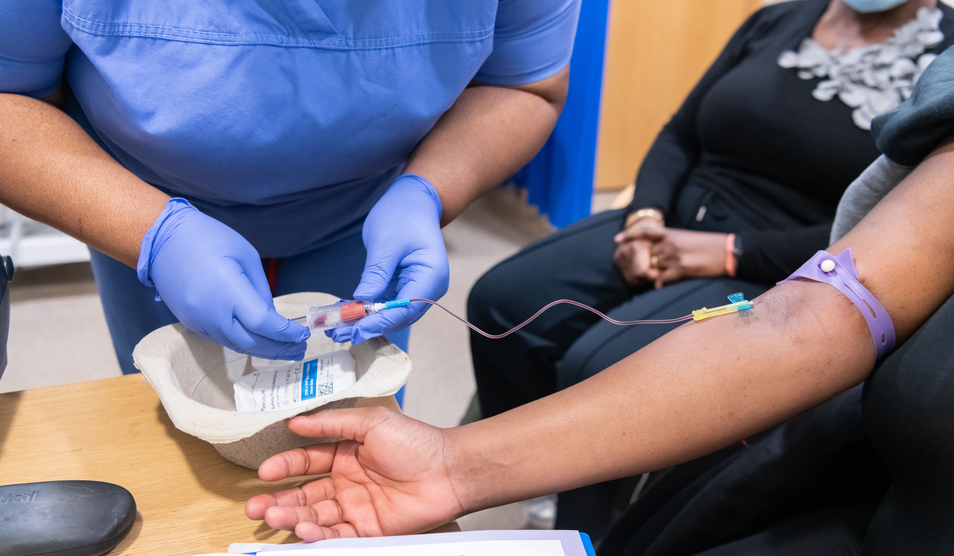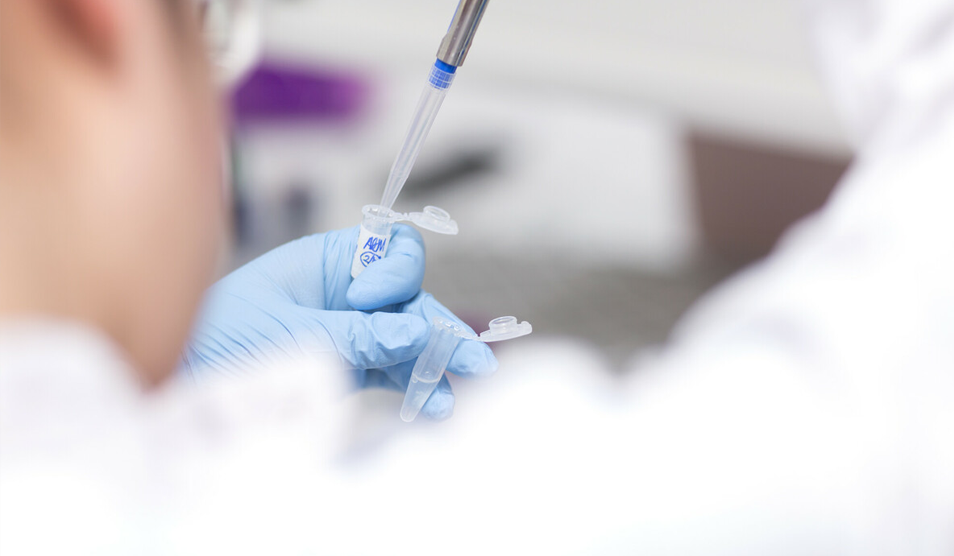Our plans to maintain high quality care throughout a challenging winter
We are currently finalising plans to maintain high quality care for all our patients throughout what is anticipated to be a challenging winter. This includes £1.6million of targeted investment to ‘keep care flowing’, making sure patients get the care they need as quickly and safely as possible and avoid unnecessary time in hospital.
Demand on our A&E departments is already high, with attendances so far this year up over 7 per cent on the same period last year. We are also working hard to reduce the long waits that built-up during the pandemic – we’ve carried out two per cent more planned appointments and operations so far this year compared with the same period last year and we are at 110 per cent of our pre-pandemic planned activity levels.
With the potential for a further wave of Covid-19 and a difficult flu season likely, as well as concerns about the impact of the rising cost of living, we have already made a number of key improvements. They include:
- Expanding our ‘same day emergency care’ services – even with increased A&E attendances, we are managing to keep admissions at a similar level to last year, in part, by growing our same day emergency care services. These services are provided in dedicated units close to our A&E departments and enable patients with a range of conditions to be assessed, diagnosed and started on treatment without the need for an overnight stay. More than 100 patients a day are seen through this service, some of whom would previously have been admitted to hospital. In addition, our acute medical 'hot' clinics have been preventing up to a further eight admissions each day since they were introduced in August. These clinics provide dedicated follow-up care to patients who attended A&E the previous day. This winter, we have also established a same day emergency care pathway with London Ambulance Service, allowing ambulances to bypass A&E for suitable patients.
- Increasing staffing - this includes additional doctors specialising in acute medicine and surgery to work in our A&E departments and acute assessment units to speed up diagnosis and treatment decisions. This will mean patients will move through the department more quickly, helping us to maintain our faster than average ambulance handovers. We’ve increased the number of pharmacy and therapy shifts, particularly at the weekend, to help reduce delays in discharging patients. And, more generally, a range of initiatives to improve permanent recruitment is helping us minimise our vacancy rates and we have increased pay rates for our ‘staff bank’ which provides cover for gaps in permanent staffing and when we need extra capacity temporarily.
- Tackling discharge delays - we know that patients do best when they leave hospital as soon as they are medically fit to do so but many factors can cause a delay, especially for patients with complex needs. Initiatives to improve discharge processes include:
- board rounds and other ward routines – we have been running an intensive quality improvement programme on wards across our hospitals to embed best practice ward routines. A particularly important routine is the daily board round - a meeting of the ward’s doctors, nurses, therapists, pharmacists and managers to review and agree actions to progress each patient’s care and plan ahead for their discharge. Almost all wards involved in the first phase of the programme now run regular board rounds and a quarter of them have already achieved significant improvements in how and when they discharge patients.
- providing care at home – we are working with independent providers to provide care for patients at home while they wait for their longer-term package of social care. This allows us to discharge patients who are medically fit but have ongoing care needs
- close working with social services – our local social services teams now have staff on site to help join up our care, improving communications and planning for discharge
- Improving care for patients with mental health needs – in collaboration with Central and North West London NHS Foundation Trust, we are creating an emergency centre for patients with mental health needs at St Mary’s Hospital, away from our busy A&E department. Due to open in January 2023, it will provide a calmer and safer environment. We have seen a 30 per cent increase in the amount of time patients with mental health needs are waiting in A&E – and we are committed to improving care for this especially vulnerable group. We also appointed our first lead nurse for mental health earlier this year to help improve mental healthcare across the Trust.
We are also working closely with partners across north west London on sector-wide improvements. These include:
- Virtual wards - we are increasing our use of virtual wards, allowing us to provide high quality care to suitable patients in their own home. Using a variety of remote technologies, patients’ observations are monitored from a hub staffed by nurses, under the supervision of a senior clinician. Clinical decisions are based on these observations, including admitting patients to hospital if and when needed. This virtual system allows us to look after more patients than we would be able to on a physical ward and ensures patients only come into hospital when they need to.
- Support for those experiencing homelessness - our multiagency inclusion health team is continuing to support those experiencing homelessness. Working with local community providers, local authorities and voluntary sector partners, the team helps patients in this situation get access to the wider health and social care services they need, joining up care, preventing unnecessary A&E attendances and avoiding prolonged hospital stays. More than 570 patients have been supported by this service since November 2021.
- Care pathway transformation - we are working with our NHS and local authority partners to transform a range of care pathways for hospital patients with ongoing rehabilitation or social care needs. This includes improved internal processes and access to community beds that allow, for example, more rapid access to step-down neurorehabilitation.
Alongside improvements to our services, we are also expanding support to help ensure the health and wellbeing of our staff, both for the long-term and specifically for winter. This includes walk-in Covid-booster and flu vaccinations on all our main sites, free breakroom supplies and our continuing programmes of additional staff counselling support and staff rest space refurbishments.
Claire Hook, chief operating officer at Imperial College Healthcare NHS Trust, said:
“We are continuing to see a big demand for our services and it’s likely that the next few months will be especially challenging.
“With very limited scope to expand our physical space, we are using innovative approaches to maximise our capacity in other ways. In particular, we’re doing all we can to avoid unnecessary hospital stays and make sure patients have the support they need to be discharged as soon as they are medically fit to leave hospital. This is better for patients and allows us to care for more patients.
“We’re continuing to seek additional improvements and better ways of working, including linking in with other trusts and A&E departments to share challenges, learning and best practice.
“It is also important to remind everyone wherever possible to make use of primary care services, such as local GPs, NHS 111 or local pharmacists, before coming to hospital, unless you need emergency care.”
Professor Tim Orchard, chief executive at Imperial College Healthcare NHS Trust, added:
“Our plans for winter may mean some changes to where and how we provide care. Our wards will be busier than usual and, at times, we may need to move patients to another of our hospitals where we have more capacity. Inevitably, many patients will wait for longer than we would like, particularly in A&E. I want to reassure patients that we will ensure safe care as our number one priority. We will also do all we can to keep patients and their families involved and informed about any changes or delays. We will encourage patients and families to let staff know if they become concerned about the impact of a long wait or delay or to contact our patient advice and liaison service (PALS) if they prefer.
“Our staff need additional support during these challenging months too and we have a range of measures in place – to boost staffing levels, respond to particular operational pressures and extend our staff wellbeing and health offer. I want to encourage all of our staff to continue to report any safety or other incidents as quickly as possible and to raise concerns with their line or divisional managers or – if that route doesn’t work – with a member of the executive team or a freedom to speak up guardian.
“Ultimately, it is our staff who will make sure we continue to provide the best possible care for all our patients. I am very grateful for – and proud of – their expertise, commitment and hard work.”



